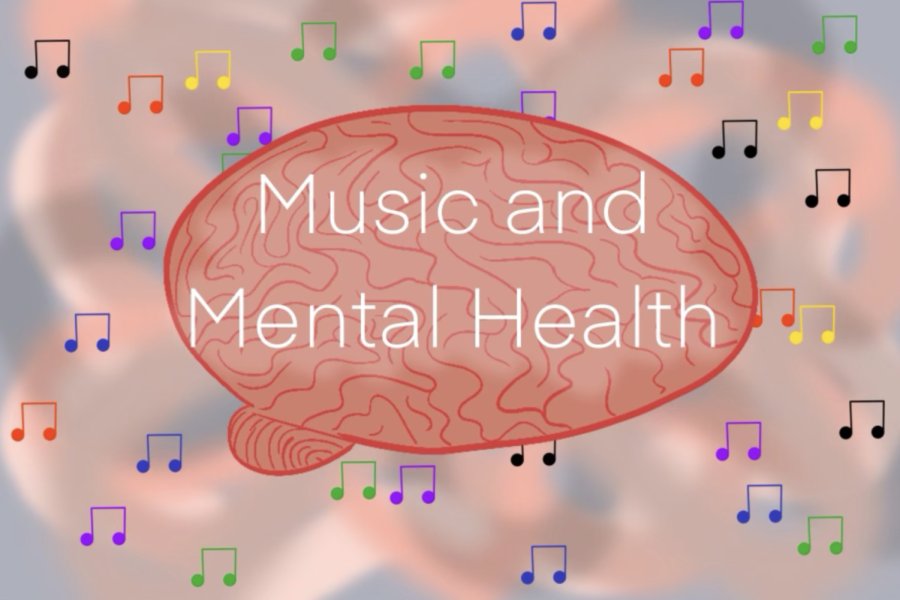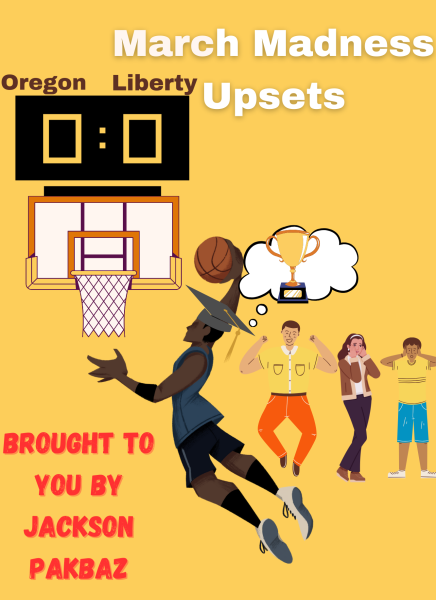Change your music habits
Music is a part of everyone’s life, but you may not know how big of an impact it has on you.
Music can change you life!
October 5, 2022
Your favorite song may not only be catchy– it may also be good for your mental health. It’s a simple psychological effect: what you listen to can determine your mood and manner for the day. If you listen to songs that have a negative impact on your mental status, such as constant sad songs, your entire mood and motivation to perform tasks can be drastically affected.
The impact of music on mood is obvious when you listen to sad songs, especially when you’re feeling good. All of a sudden, your mood subconsciously changes faster than you can finish the song. According to the New York Times article Why Music Makes Our Brains Sing, “the quick and easy explanation is that music brings a unique pleasure to humans.” However, the mystery of why something as simple as vibrations and pitches affects us still remains. The good news is, there are some ways to modify your music taste in order to induce productivity and a better mood.
Music with low pitches and slow tempo produces a calming effect on the listener. According to Dawn Kent in her piece The Effect ofMusic on the Human Body and Mind, music has been found to produce a relaxed mood and stress reduction, making it a “plausible way to accommodate coping with pain and anxiety.” These types of songs are usually played at coffee shops or in study playlists in order to bring a sensation of relaxing and decreasing stress.
Not only do certain songs affect us positively by influencing our moods and temper, they can also negatively impact us. Pitch, rhythm, and the melodic tempo of music all influence our mood. For example, high pitched music with accelerating rhythm can lead to an increase in anxiety and tension. The makers of video games, for example, exploit this effect by increasing pitch and tempo during a moment of fear or pressure in a game. In films, these songs are found during a jump scare scene in a horror movie. Note that these effects can be caused by a variety of common music, and could lead to additional unwanted stress.
Personally, I listen to songs with uptempo music at the gym in order to feel more energetic; however, I wouldn’t listen to songs as aggressive when I’m trying to do school work or relax. Essentially, you should have certain playlists for separate occasions such as when you’re training for your sport, or studying for a test, or even sleeping. This way you wont listen to the wrong type of songs that might affect your performance in daily tasks or your mood for the day.


























































